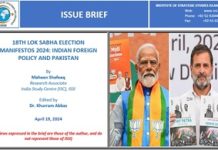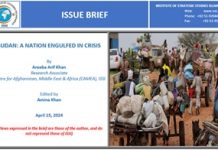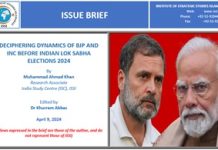Seyyed Ebrahim Ra’isi has been elected as the President of Iran on June 18, 2021. Despite building years-long political discourse upon anti-corruption, accountability and transparency in economic affairs of the country,[1] the turn-out rate remained 48.8%,[2] which is 25% lower than the previous elections (2017) and the lowest since the first ever presidential elections held in Iran in 1980. Analysts observed that growing economic crisis, curbing political freedoms and rejecting the progressive, moderate and pragmatist presidential candidates by the Guardian Council played a major role in discouraging almost half of the population of Iran to boycott the election.[3] Very surprisingly, the Guardian Council approved only seven applications out of almost 600 candidates. No female candidate out of 40 candidates who applied was approved at least symbolically. Among the approved candidates, two conservatives and one of the two progressive candidates withdrew their candidature before elections.[4] The Supreme Leader Ayatollah Seyed Ali Khamenei appreciated the people of Iran and called the Election Day as a victory day over defeating the ill-wishes and propaganda of enemies by just casting their votes.[5]
Home ISSI Publications Articles Issue Briefs Issue Brief on “Elections in Iran and Prospects for Pakistan”















